TAIPEI (AFP) – Tracing a palm-sized jade animal resting on its haunches, an antique trader in Taiwan said the ears on the nearly 400-year-old piece are a marker of its authenticity.
“The folds in the animal’s ears show the handiwork, the ancient handicraft” of the Ming dynasty (1368-1644), said the 60-year-old trader, who would only provide his last name as Lee.
“It takes very careful carving. If it were duplicates, they wouldn’t make it that delicate and detailed.”
Lee’s shop in Taipei’s Da’an district holds ancient treasures worth more than a condominium located in the same neighbourhood.
The value of his merchandise represents just a fraction of an industry that the island’s jade association says brought in nearly USD16 million annually in recorded pre-pandemic antique jade sales.
But dealers warn the sector is flagging post-COVID. With the global economy in tatters, buyers are more cautious about taking a chance on expensive items, especially with the market awash with counterfeits.
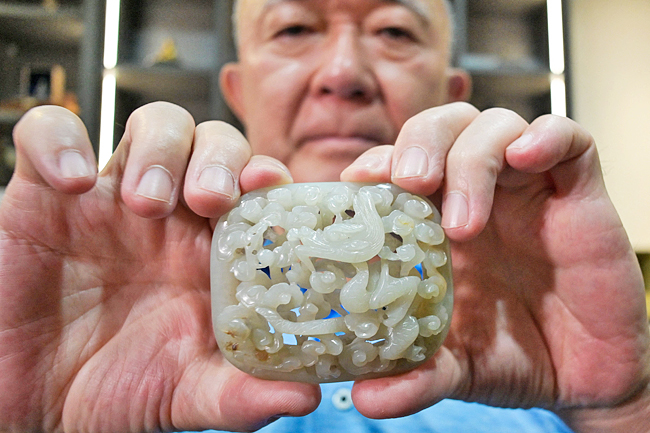
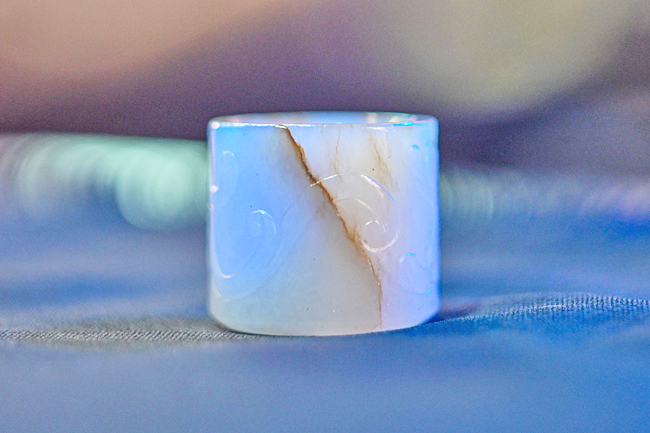
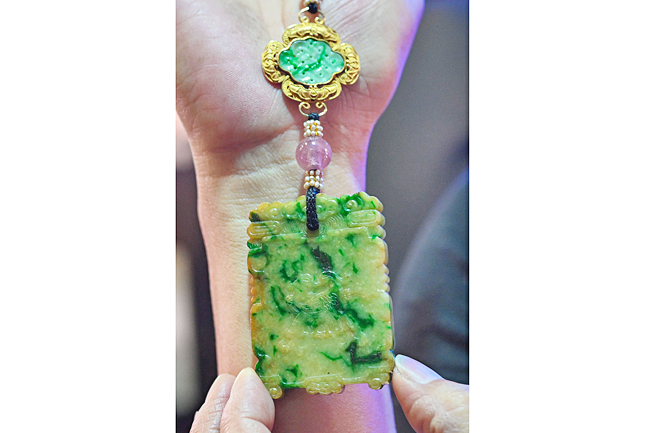
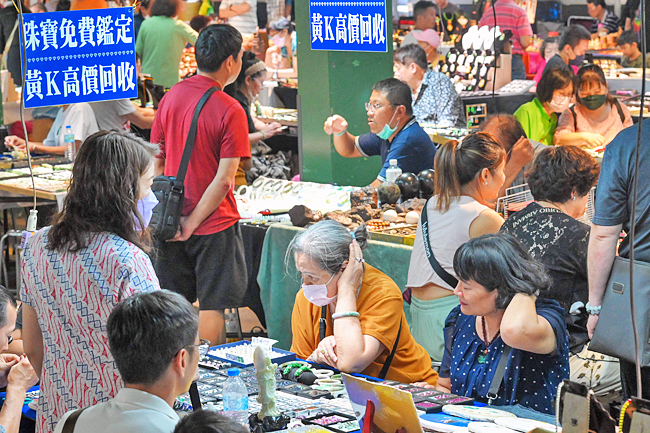
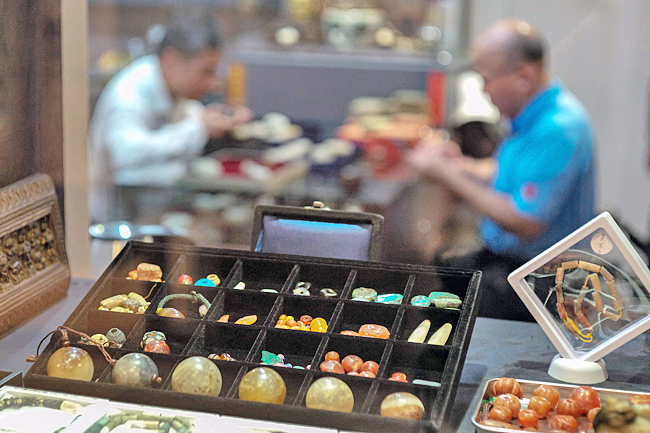
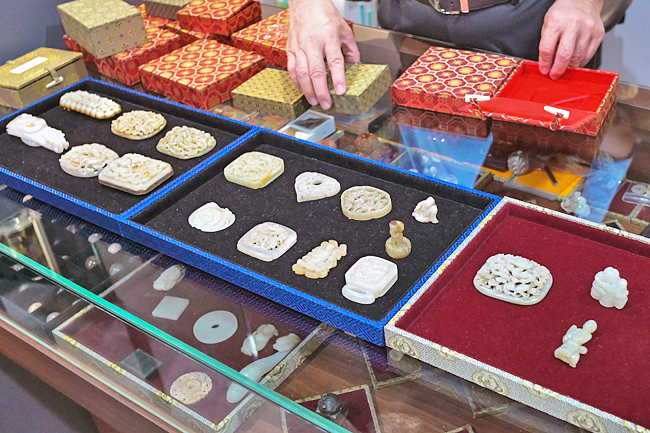
“About seven to 12 years ago, it was very good times for people in the antiques or jade trade,” said Liu San-bian, who runs a store in Metropolitan Jewelry and Antiques Emporium, a treasure trove of ateliers.
Taiwan was the go-to place for hunters of relics long before it became a powerhouse for hi-tech semiconductors.
Collectors in Taiwan say they have obtained the items through legitimate means, especially if the items were personal belongings.
“It is ingrained in our DNA,” chairman of Taiwan’s Association of Jade Collectors Chang Juben told AFP.
“Collectors began collecting when they realised that these were valuable national treasures… We have a reputation, that you can come here to see, touch and buy good jades here.”
The antique jade market took off around 2011, bringing in “an endless stream of buyers”, Chang said.
Now Taiwan’s market is about a quarter of its former annual value – roughly USD9.4 million to USD15.7 million in the boom years – and it is easy to be steered towards inauthentic “artefacts”.
“It relies on word of mouth,” Chang said. “You have to walk the right path and find the right person.”
Most reputable collectors are also “protective” about their stock, refusing to show their best items to a novice who won’t appreciate it or to a buyer looking to resell for profit.
A two-hour flight to Hong Kong – a hub for antiques sold in both sprawling markets and upscale auction houses – tells a different story.
Deputy chairman at Christie’s auction house in Hong Kong Pola Antebi said she is seeing a trend in which antique collectors are releasing long-cherished collections held for up to five decades.
“We’ve sold several substantial collections from Taiwan in Hong Kong in recent years, including the notable Chang Wei-Hwa collection of early jades,” Antebi told AFP.
That portfolio of jades from the Qin and Han dynasties fetched USD9.3 million in November, while three previous auctions of Chang Wei-Hwa’s collection brought in USD24.7 million from 2019 to 2021.
Taiwan’s jade “players” remain confident the trade “will survive no matter what”, said the trader Lee.
His unique shop, which houses aquariums of iridescent corals, gets visitors via word of mouth. One trip can turn into several before any transaction is made – if at all.
“It takes very long to build a reputation, but it is very easy to ruin it. If one item you sell turns out to be fake… that’s all it takes to ruin you,” he said.


